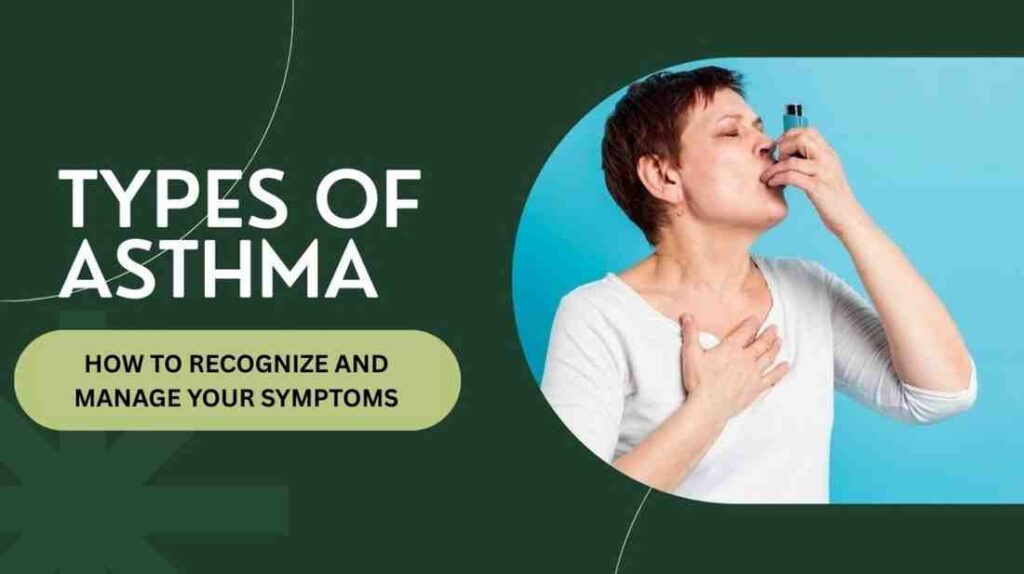
Asthma is a chronic respiratory condition that affects millions across the globe. It can cause irritation as well as the airways narrowing and make breathing difficult. While asthma can be managed effectively, if symptoms are not properly treated they could cause serious difficulties. This blog explores the causes, triggers symptoms, and treatment options for people suffering from asthma to enable them to live more healthy lives.
What is Asthma?
Asthma is a chronic lung condition that affects breathing because of swelling and accumulation of mucus in the airways. It can range from mild to extreme, and is caused by a range of factors both environmental and genetic. It is recommended to take Iverheal 6 mg to treat asthma.
Asthma is a chronic respiratory condition that affects the airways in the lungs, making it difficult to breathe. It causes inflammation and narrowing of the air passages, which leads to symptoms like:
- Wheezing (a whistling sound when breathing)
- Shortness of breath
- Chest tightness
- Coughing, especially at night or early morning
Asthma can range from mild to severe and may be triggered by allergens (like pollen or dust), cold air, exercise, respiratory infections, or stress. While there is no permanent cure, asthma can be effectively managed with medication (like inhalers) and lifestyle adjustments.
Common Causes of Asthma
Environmental and genetic causes may trigger asthma. The most frequent causes are:
- Allergens (pollen, dust mites, mold, pet dander)
- Infections of the respiratory tract
- Smoke and air pollution
- Weather changes can be unpredictable.
- Athletes who train
- The strong smells and the chemical gaseous
Symptoms of Asthma
The signs of asthma differ from person to person however, they can include: Breathlessness and whistling sounds during breathing, especially in the night. The chest may tighten, or cause discomfort during physical activities
Ivermectin helps in treating asthma.
Asthma Triggers
Certain triggers can intensify your asthma’s severity. These triggers include extreme cold or sudden temperature fluctuations. Airborne allergens like pollen pet hair, pollen and the fur of animals. Smoke from cigarettes and air pollution, as well as exposure to chemical.
Types of Asthma
There are several kinds of asthma. They include:
-
Allergic Asthma (Extrinsic Asthma)
- Triggered by: allergens like pollen, dust mites, pet dander, mold.
- Often associated with: hay fever, eczema.
- Common in: children and young adults.
2. Non-Allergic Asthma (Intrinsic Asthma)
- Triggered by: stress, exercise, cold air, infections, strong odors.
- Not related to allergens.
- Common in: adults, especially women.
3. Exercise-Induced Asthma (EIA or EIB)
- Triggered by: physical exertion or exercise.
- Symptoms: wheezing, shortness of breath during/after exercise.
4. Occupational Asthma
- Triggered by: workplace irritants like chemicals, fumes, dust, or gases.
- Develops gradually due to workplace exposure.
5. Cough-Variant Asthma
- Main symptom: persistent dry cough (especially at night).
- Often misdiagnosed as chronic cough or bronchitis.
6. Nocturnal Asthma
- Symptoms worsen at night, possibly due to cooler air, lying down, or hormonal changes.
- Can disrupt sleep and impact daily functioning.
7. Severe Asthma
- Hard to control with standard medications.
- Requires specialist care, higher doses of inhalers, or additional therapies like biologics.
.
Treatment and Management of Asthma
There isn’t a cure for asthma it can be managed by using medications and lifestyle modifications.
1. Medications for Asthma
- Inhalers (Bronchodilators) – Provide quick relief by easing the airway muscles.
- Corticosteroids assist in reducing inflammation of the airways.
- Iverheal 12 mg can help reduce asthma symptoms over time.
2. Lifestyle Modifications
- Don’t smoke, or breathe in the air.
- Make sure your home is clean and free of dust and pet dander.
- Discover and avoid your own asthma triggers.
- Consume a balanced and healthy diet to support the lung’s function.
- Do some breathing exercises, like yoga, meditation.
When to See a Doctor?
Ask a doctor about asthma attacks that are frequent and, despite medication, difficulty breathing even at the moment of rest. Lips and fingernails appear blurry. (a indicator that you have low oxygen levels) The symptoms of asthma can cause issues with your routine
Final Thoughts
If asthma is properly treated, it is managed properly, and avoidance of triggers through prescribed medications and making healthier lifestyle choices, people can lead their lives in a healthy active and healthy way. If you know someone in your life who suffers from asthma, regular appointments with a doctor are essential to ensure that they receive the right care.








